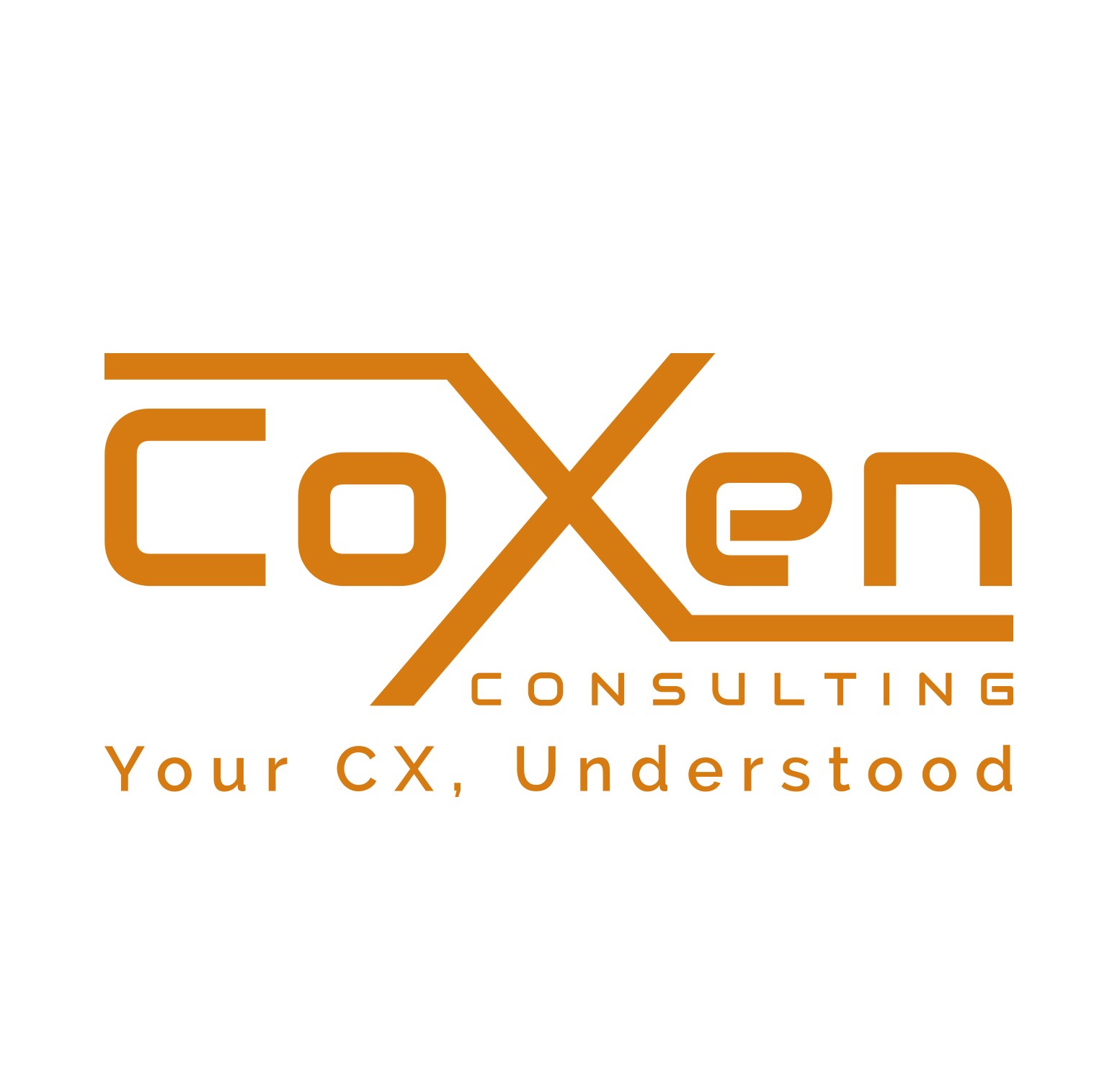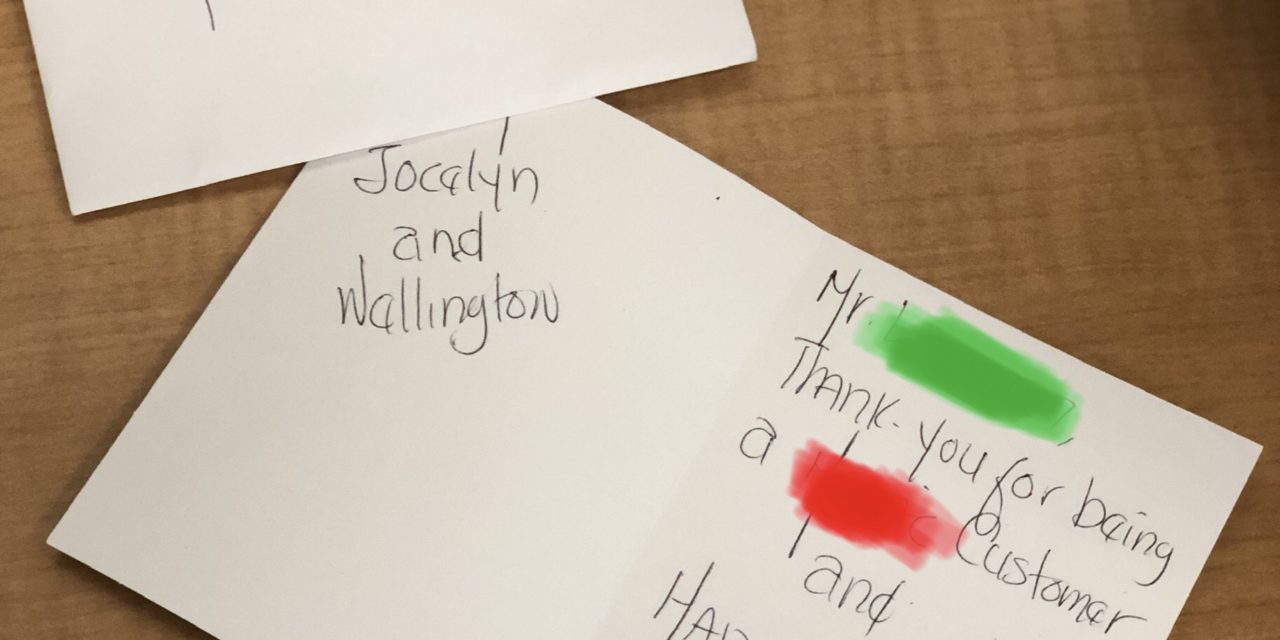Empower your employees
One of my favorite mentors always spoke of this equation. As an excel junkie and an accountant by schooling, I was constantly trying to prove or disapprove if this equation actually did what my mentor said it would. Nothing perfectly scientific, but I was able to validate that more often than not I feel that this equation truly nets out the desired outcome.
The equation went something like this: hire the very best people and take care of them, they, in turn, will take care of the customer, shareholders benefits will be near automatic and there will be a constant cycle of prosperity for employees, customers and shareholders.
As I’ve continued to think on this equation and always wanting to test it in the roles in which I had the influence to hire the very best people and take care of them. I feel my success in this part of the equations boiled down to a few things for me:
First, be humble and accepting of hiring people who are actually smarter than you at the role that they’re going to play. I found that I am much better off checking my ego at the door when it comes to hiring someone and truly finding out all that they can do and being comfortable saying to myself that “they can do a lot of things better than I can” to ensure I’ve got the right skill set post-hiring process.
Second, truly empower them to do what you’ve hired them to do. Get out of their way in many instances and remove roadblocks in other instances will be the most critical way that you could be a contributor to their success.
Third, when they have failures let them be a part of the solution. I once had a friend on a construction site who made a mistake and damaged a very expensive piece of equipment. When his boss approached him about it he first checked on his safety and wellness. He next asked if my friend understood everything that happened that led up to the mistake and how to prevent it in the future. The boss ended the conversation with “I think this experience makes you the least likely person on the entire crew to have ever have this happen again, that makes you more valuable to me today.” We greatly impede progress when we do won’t let those who made the mistake learn from the mistake and help the organization to teach others going forward how to not have those mistakes hurt them.
Fourth, with the firmness of holding them accountable and responsible with all that you’ve entrusted them in the organization, let them know you are their greatest advocate and never let them leave without them feeling that you have full confidence in all that they can execute.
These principles truly lived almost absolutely ensure that employees will indeed take care of the customer and continue that cycle of prosperity to the entire organization.






What is being talked about…